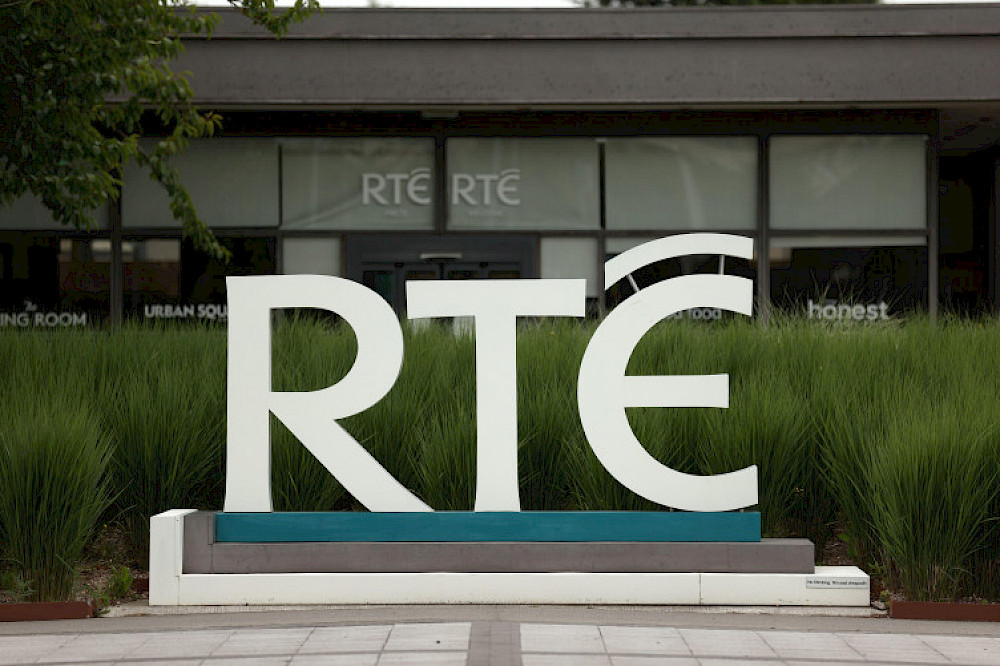FuJo members have appeared across Irish media offering insights into the crisis engulfing RTÉ. Below is a selection of their contributions.
In the Irish Times, Dr Eileen Culloty and Dr Roddy Flynn wrote about the tensions created by RTÉ's dual-funding model and the need for reform:
Public service media are under attack in many countries, including the UK. Typically, public service media are captured by political interests. In Ireland, in contrast, public service media have largely been abandoned by politics. Governments have repeatedly ignored RTÉ’s pleas for licence-fee reform. The current government even rejected the main recommendation of its Future of Media Commission, which called for a new public funding model for RTÉ. Ultimately, reform of the license fee needs to happen because we need public service media. That means reforming and rethinking RTÉ to serve the needs of citizens in our 21st Century media world. That may mean a full separation of public service media from commercial funding.
Dr Eileen Culloty spoke to RTÉ’s This Week about the long term consequences of the crisis and the need to do more than tweak governance structures. On Morning Ireland Prof Jane Suiter described the crucial role RTÉ staff are playing in demonstrating leadership. Prof Colleen Murrell appeared on Good Morning Ulster and The Tonight Show on Virgin Media One.
On RTÉ Brainstorm, Dr Roddy Flynn explains how public service media is funded across Europe and proposed reform in Ireland:
The Future of Media Commission Report contained 50 recommendations but the one relating to public service media funding was the only one not immediately adopted. The State has been criticised for this but the proposal is potentially radical. Although the State would fund public service media activity, primary responsibility for determining the scale of this funding would fall to the newly established Coimisiún na Meán, exercising its judgement independently of both state and media stakeholders like RTÉ and TG4.
Writing in TheJournal, Dr Eileen Culloty outlined four ideas to reimagine how public service media could meet the needs of Irish citizens in a digital age. She later discussed this topic on RTÉ Drivetime.
First, focus on public-interest content only. It is not necessary for public providers to buy in commercial content because that content, of all shades of quality, is widely available from other sources.
Second, provide a digital platform to promote Irish culture. This could include giving much more space to Irish talent (the creative rather than presenter kind) and providing access to the wealth of content that has already been funded from public sources.
Third, support public participation in decision-making. True participation isn’t inviting people to comment about content on social media. It’s giving people power to influence decisions and outcomes.
Fourth, help people, especially young people, create their own media and develop media literacy. It is often noted that young people ‘don’t engage’ with traditional media, but why should they if all it offers is content consumption?
Dr Eileen Culloty was a guest on TheJournal's The Explainer podcast with Laura Byrne and Ronan Duffy to explore the Ryan Tubridy payments scandal and what it means for the future of RTÉ.
We’re dealing with two different RTE’s now aren’t we? There’s the management of RTÉ who have shot themselves in the foot because it’s very hard for that Board and Executive, and maybe even the high earners, to maintain credibility in asking for more money. But the organisation they represent is quite separate now in the public mind from the staff who [have been] demonstrating that they are willing to hold senior people to account.


